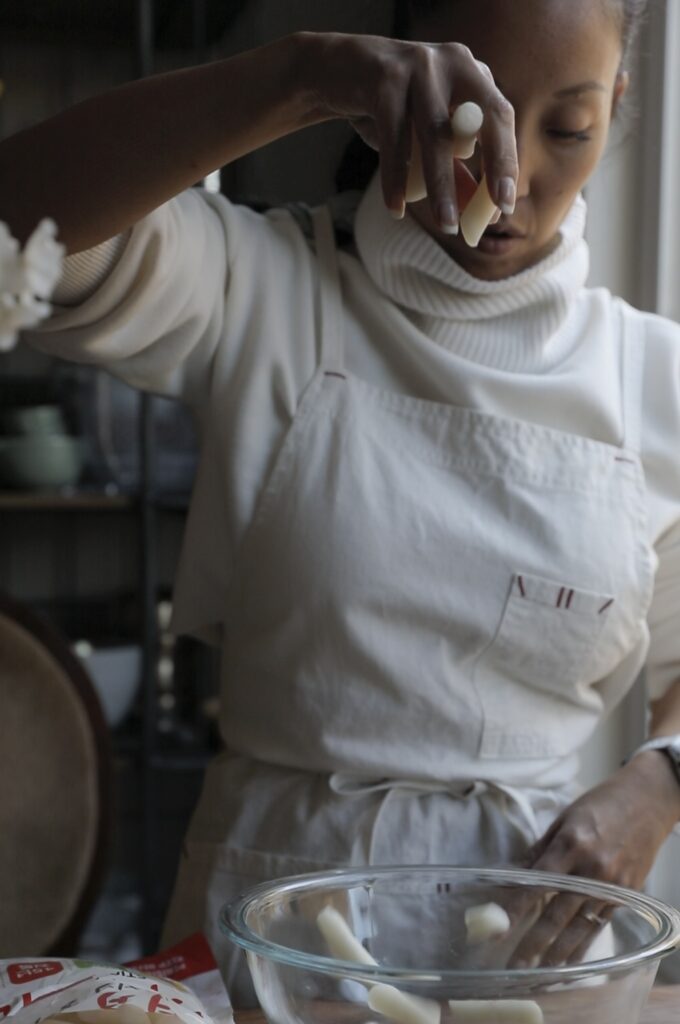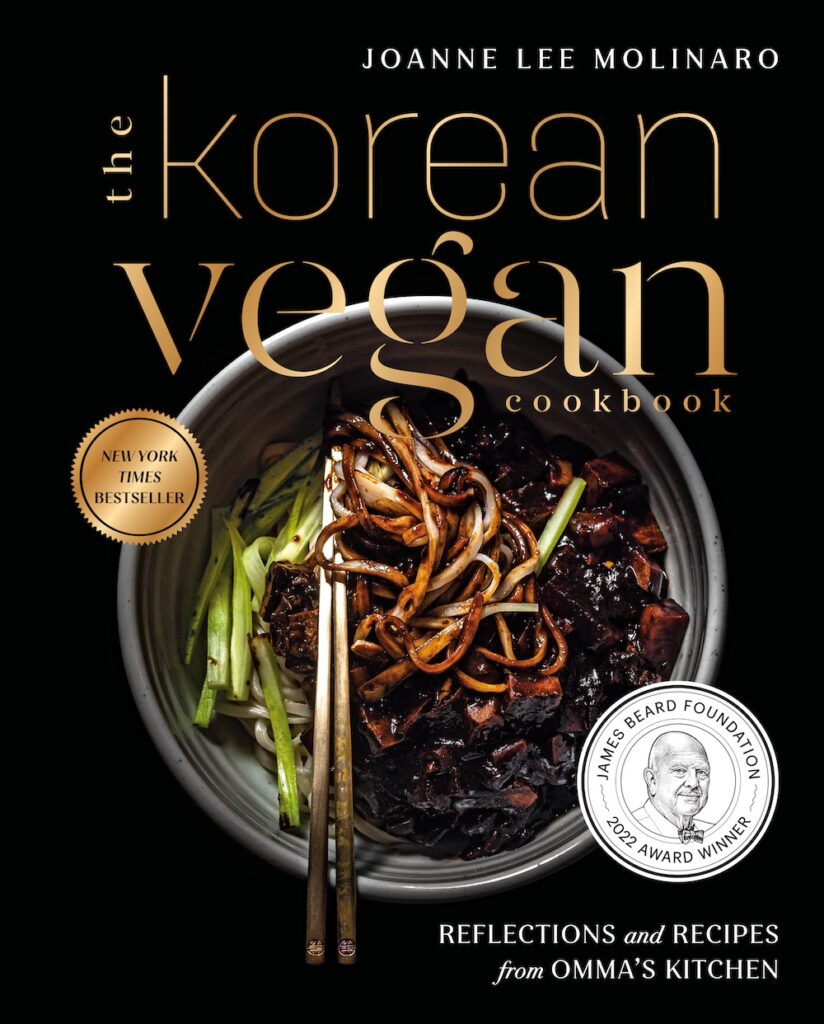What Being American Means to Me.
About two years ago, I was invited to work on a pro bono case for an asylum applicant from Mali. Our client was a young woman born in the southeastern region of Mali (a country in West Africa) in the early 90s. To protect her identity, I will call her Mariam.
When Mariam was only 8 years old, her mother shimmied a new blue dress over her head and told her they were on their way to a big celebration. Led, by her mother’s hand, she came upon a clearing in the forest, and indeed, it looked like a big party. There were other small children dressed in their best, as well as music and dancing. But, Mariam didn’t get a chance to join in the festivities—at least not in the way she expected. In fact, this was the day of Mariam’s “cutting.” Like 88% of all the other girls in Mali, Mariam was led into a small shelter, forced to the ground of a room littered with sharp objects, and restrained by a group of women as her mother promised her, through tears, that this was for her own good, so that Mariam could “get a good husband.”
FGM is way more prevalent in this world than one might expect. In doing the research for Mariam’s asylum application, I was shocked at how near impossible it is for women in Mali to avoid what is indisputably one of the most barbaric forms of sexism that exists. But it doesn’t end there. Rather, FGM is just the beginning of a life that is almost entirely dependent on men. Mariam described to me how she was often beaten for leaving the house without permission, how she could never rent an apartment or get a job without a male custodian’s say-so, and, of course, how she would be excommunicated from her village if she refused to subject her newborn baby to the same torture she underwent at the impossibly tender age of 8.
How did Mariam come to be our client? She explained that a Mormon nonprofit group in Utah created a program that offered scholarships to boarding schools for gifted youths from Africa. She was awarded the scholarship when she was only 13 years old (by which time, both her parents had died), and she was able to enter the U.S. on a student visa. She made the most of her time here: she graduated from high school, obtained a college degree, then got a master’s degree. She worked her way through college as a janitor and accounting intern. She saved for grad school by working two jobs, as a night auditor and as a janitor. She met her husband here in the US and gave birth to the most adorable baby girl in the world—the beautiful little smiley sparkling joy of her life, and one she would stop at nothing to protect. Which was what led her to us—if she were deported back to Mali upon the expiration of her student visa, the diamonds in her daughter’s eyes would soon disappear.
The day before her interview with the asylum office, we sat in the back corner of the dining area of the hotel she was staying at. The TV was on, with pundits and shining faces chattering about this strange new virus that sounded oddly like a beer brand. Mariam was nervous, and her anxiety slid into my chest like a sheet of February frost. We discussed all the things to expect at the interview. I asked her about high school in Utah, what it was like when she visited her home in Mali, what she was most afraid of. She shared everything with the sort of halting elegance that inheres when someone attempts to bare her heart in a second language. After recalling how she had been beaten the last time she went back to Mali for leaving the house without asking her uncle, first, she reached over and grabbed my hand. Her skin was so soft. And she said, “You don’t know. You are so so lucky, Joanne.”
I think back to that moment frequently. Almost four years ago, I wrote a poem, the thesis of which was “I hate America.” And over the past several weeks, those feelings of betrayal, bitterness, and anger have worn me down to a nub of hopelessness and defeat. America is not the country I thought it was. Americans are not the people I thought they were. At least, this is the message I keep hearing when I turn on the news or scroll through Twitter. And I just want to quit. I want to pack up my bags and move to Sardegna or Seoul or Aukland or some other corner of the world where patriotism would simply be a useless ideal, the hackneyed conceit of historical novels and HBO documentaries.
I used to think that patriotism was about standing for the national anthem, solemnly pledging my allegiance to the flag, watching fireworks from the patio on July 4, whooping full-throated “YEAHS!” when Bill Pullman cries “and this is OUR Independence Day!”, or just being outrageously proud to be an American. Because, let’s face it—as someone with black hair, “chinky” eyes, and a penchant for eating smelly foods, I’ve had to PROVE my Americanness too often to take it for granted. But with one foot practically out the door, I realize that the mettle of my patriotism has never truly been tested, not like this. Because, the core of patriotism isn’t pride.
It’s hope.
When my instinct is simply to walk away, I now realize just how much patriotism it took for Colin Kaepernick to kneel during the national anthem—because if he had no hope that his bending knees could actually change America or he just didn’t care whether he did, why would he have risked throwing away his career (which is what actually ended up happening)? I now realize how much patriotism it takes to rail against the apparatus of criminal IN-justice in our country, day-in and day-out, because, again, if there’s no hope that things can change and get better, why would anyone continue to fight? These are the things I grapple with these days, because I have to be honest–the urge to fight for our democracy and the thick dream of equality laced through our Constitution has tapered down to the very wick. It is hope that drove Colin Kaepernick’s knee to to the ground and it is hope that drives millions out into the streets in solidarity and it is hope that drives voters to line up at polling stations during a global pandemic and it is hope that clung to Mariam’s back like a tailwind as she ran straight into the heart of America.
And it is hope that darted through my body like a flash of green seawater when Mariam and I got the 2-worded email from my colleague: “WE WON!!!!!”





Anisha, thank you so so much for reading. <3